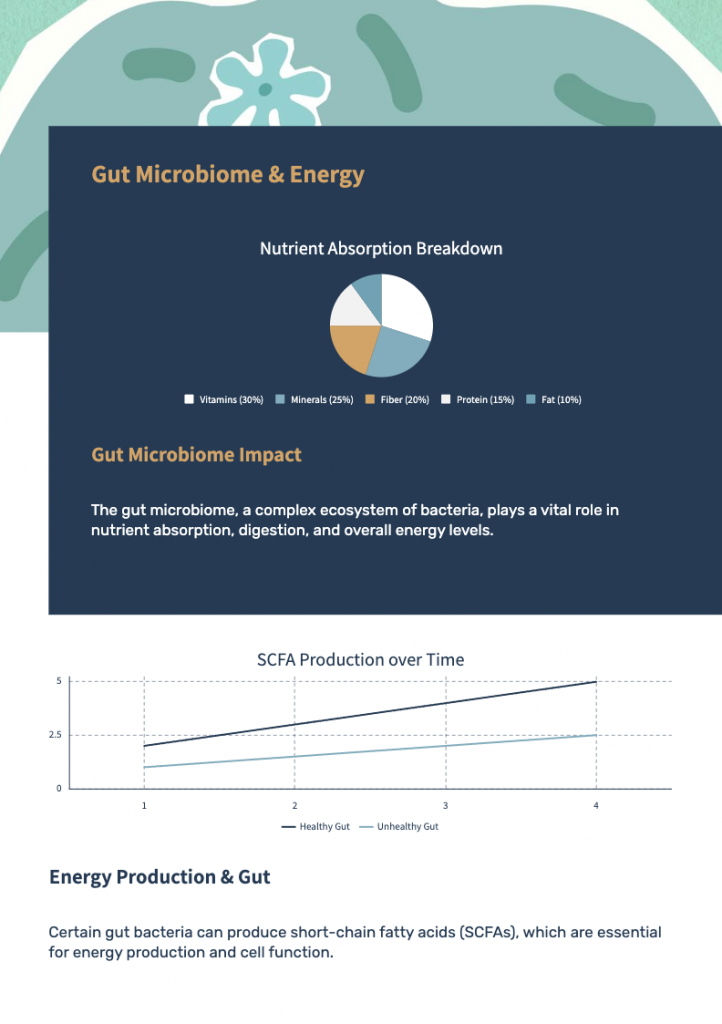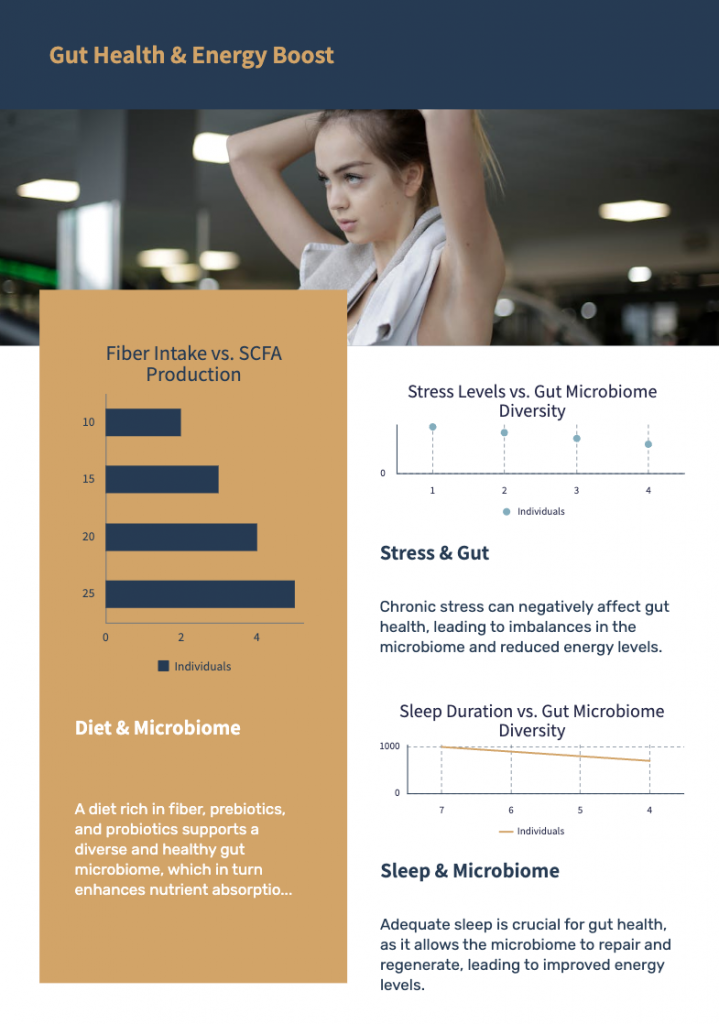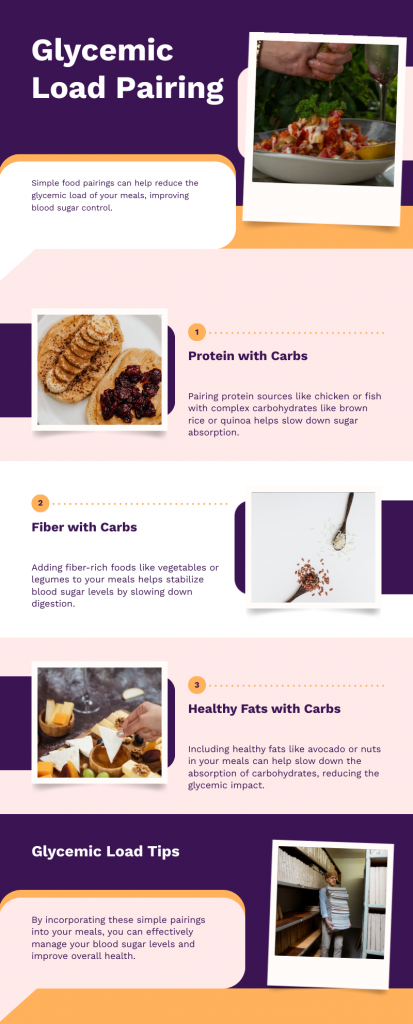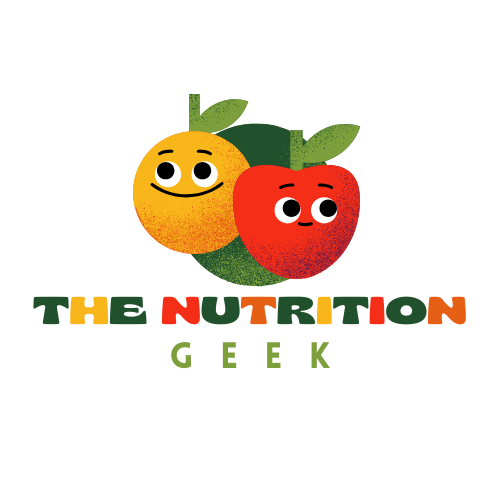The Real Science
We’ve all experienced those mid-afternoon slumps or mornings when getting out of bed feels impossible. While factors like sleep and stress play a role, nutrition is one of the most powerful tools we have to influence our energy levels. But how exactly does food translate into the fuel that keeps us going? Let’s dive into the science behind nutrition and energy, and uncover how to eat for sustained vitality.
The Basics: How Food Becomes Energy
Every bite you eat is broken down into nutrients that your body converts into adenosine triphosphate (ATP), the molecule responsible for storing and transferring energy in cells. This process, called cellular respiration, relies heavily on three macronutrients:
- Carbohydrates: The Body’s Preferred Fuel
Carbs are broken down into glucose, the primary source of ATP. Simple carbs (like sugar) provide quick energy but lead to crashes, while complex carbs (like whole grains, legumes, and vegetables) release glucose slowly, stabilizing energy levels. - Proteins: Building and Sustaining Energy
Proteins are broken into amino acids, which repair tissues and produce enzymes that drive metabolic reactions. Unlike carbs, they don’t directly fuel energy but help maintain muscle mass and keep you feeling full longer, preventing energy dips. - Fats: The Long-Burning Energy Source
Healthy fats (avocados, nuts, olive oil) are metabolized slowly, providing sustained energy. They’re especially vital during low-intensity activities or between meals.

Micronutrients: The Unsung Heroes of Energy Production
Vitamins and minerals act as co-factors in energy metabolism. Key players include:
- B Vitamins (B1, B2, B3, B5, B6, B12): Essential for converting carbs, fats, and proteins into ATP. Deficiency can cause fatigue.
- Iron: Critical for oxygen transport in blood. Low iron (anemia) leads to exhaustion.
- Magnesium: Supports ATP production and muscle function.
- Vitamin C: Enhances iron absorption and combats oxidative stress.
A diet rich in whole foods—leafy greens, nuts, seeds, lean meats, and citrus fruits—ensures you get these micronutrients naturally.
Blood Sugar Balance: The Key to Steady Energy
Spikes and crashes in blood sugar are a major cause of fatigue. When you eat sugary or refined carbs, insulin surges to manage glucose, leading to a rapid drop in energy. To stabilize blood sugar:
- Pair carbs with protein or fat (e.g., apple with almond butter).
- Choose high-fiber foods (oats, quinoa, vegetables) to slow glucose absorption.
- Avoid skipping meals, which can trigger cravings and overeating.

Hydration: The Overlooked Energy Booster
Even mild dehydration reduces blood volume, forcing your heart to work harder and leaving you tired. Water is also essential for transporting nutrients and flushing out metabolic waste. Aim for 8–10 cups daily, and hydrate with electrolytes (like coconut water or a pinch of salt in water) after intense exercise.
The Gut-Energy Connection
Your gut microbiome influences how well you absorb nutrients. A diet high in prebiotics (garlic, onions, bananas) and probiotics (yogurt, kimchi, kefir) supports gut health, ensuring maximum nutrient uptake for energy production.
Foods That Drain Energy
- Processed snacks: High in sugar and unhealthy fats, they lead to crashes.
- Alcohol: Disrupts sleep and dehydrates.
- Excessive caffeine: Overstimulation can result in burnout.

Practical Tips for Sustained Energy
- Eat balanced meals: Combine carbs, protein, and healthy fats.
- Snack smart: Try nuts, Greek yogurt, or hummus with veggies.
- Stay hydrated: Sip water throughout the day.
- Prioritize sleep and exercise: Both enhance metabolic efficiency.
- Consider supplements: A multivitamin or B-complex can help if diet falls short.
Conclusion
Nutrition isn’t just about calories—it’s about chemistry. By understanding how nutrients interact with your body, you can make choices that boost energy, improve focus, and keep you feeling vibrant all day long. Start small: swap refined carbs for whole foods, hydrate consistently, and listen to your body’s signals. Your energy levels will thank you!
Fuel wisely, live fully.

